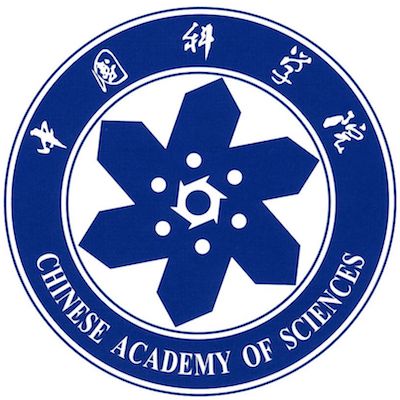“The Chinese Academy of Sciences is the linchpin of China’s drive to explore and harness high technology and the natural sciences for the benefit of China and the world.”
Comprising a comprehensive research and development network, a merit-based learned society and a system of higher education, Chinese Academy of Sciences (CAS) brings together scientists and engineers from China and around the world to address both theoretical and applied problems using world-class scientific and management approaches.
Research
CAS scientists conduct research in most areas of basic science and technology as well as strategic advanced technologies and areas related to the public welfare and the development of emerging industries.
CAS comprises:
-
- 104 research institutes;
- 12 branch academies;
- 3 universities;
- 11 supporting organizations in 23 provincial-level areas throughout the country.
Altogether, CAS comprises 1,000 sites and stations across the country.
CAS is home to over 80 percent of China’s large-scale science facilities. Eleven of them are currently in operation, including, among others:
- the Beijing Electron Positron Collider;
- the Experimental Advanced Superconducting Tokomak;
- the Shanghai Synchrotron Radiation Facility;
- the Large Sky Area Multi-Object Fiber Spectroscopic Telescope.
CAS is also developing the China Spallation Neutron Source and the 500-meter Aperture Spherical Telescope, as well as other facilities. The academy also hosts the Chinese Ecosystem Research Network (CERN), which has about 50 core field stations and 100 other stations across the country. CERN conducts monitoring and research involving ecological systems and the environment. CAS is also home to 13 botanical gardens and 26 herbaria, as well as a 150-TB scientific data storage facility. Environmental research is one of CAS’s traditional strengths.
In addition, CAS publishes 267 academic journals.
CAS has a staff of 67,900, including about 56,000 professional researchers.
Academy scientists now implement about 30 percent of China’s Key Basic Science Projects.
Higher education
CAS nurtures young S&T talent through three affiliated universities:
- University of Science and Technology of China (USTC): based in Hefei, Anhui Province, has a total enrollment of 17,800 students, including about 10,000 graduates;
- University of the Chinese Academy of Sciences (UCAS): located in Beijing, it has a total enrollment of 41,216 students, most of which are doctoral candidates. One unique feature of UCAS is its dual-phrase education on the integration of education and research with graduates taking the course-work at the university and doing research training and dissertation at the institutes;
- ShanghaiTech University: a partnership university between CAS and the Shanghai Municipal Government, it focuses on science and engineering..
International collaboration
CAS attaches much importance to international cooperation and considers international cooperation as a recipe for its success and an effective means to maximize potentials and resources worldwide to advance science and to address global challenges.
CAS has set up 20 collaborative groups with the German Max Planck Society (MPG) in areas including astronomy, life sciences and materials science, and has also established the CAS–MPG Partner Institute of Computational Biology. In addition, CAS and the French Institut Pasteur have jointly established the Institut Pasteur of Shanghai.
CAS scientists have also initiated international science programmes, such as the Third Pole Environment Program, the Northwestern Pacific Ocean Circulation and Climate Experiment and the International Meridian Project on space weather. In addition, CAS researchers have taken an active part in global science programmes such as the Human Genome Project and the International Thermonuclear Experimental Reactor Program, as well as various international programmes on climate change.
CAS has implemented several international talent programmes since 2009 such as the CAS Fellowship Program for Senior International Scientists and the CAS Fellowship Program for Young International Scientists. Through these two programmes alone, CAS has attracted over 1,000 foreign scientists to conduct research at its institutes. Furthering internationalizing research at CAS is a firm policy of the organization.
CAS also attaches great importance to promoting scientific progress in the developing world. Through the CAS–TWAS Fellowship, initiated in 2004, CAS annually invites about 50 scientists from developing countries to study and undertake research at CAS institutes.
- President: Hou Jianguo
- Vice President: Yin Hejun
- Vice President: Zhang Yaping
- Vice President: Zhang Tao
- Vice President: Li Shushen
- Vice President: Gao Hongjun
- Vice President: Zhou Qi
- Secretary General: Wang Keqiang





















![Cai Tao, one of the first authors of the study, shows the sample of the starch. [Photo/Xinhua] Cai Tao, one of the first authors of the study, shows the sample of the starch. [Photo/Xinhua]](https://www.iybssd2022.org/wp-content/uploads/Cai%20Tao,%20one%20of%20the%20first%20authors%20of%20the%20study,%20shows%20the%20sample%20of%20the%20starch.%20[Photo%20Xinhua]%20-768x512.jpg)













